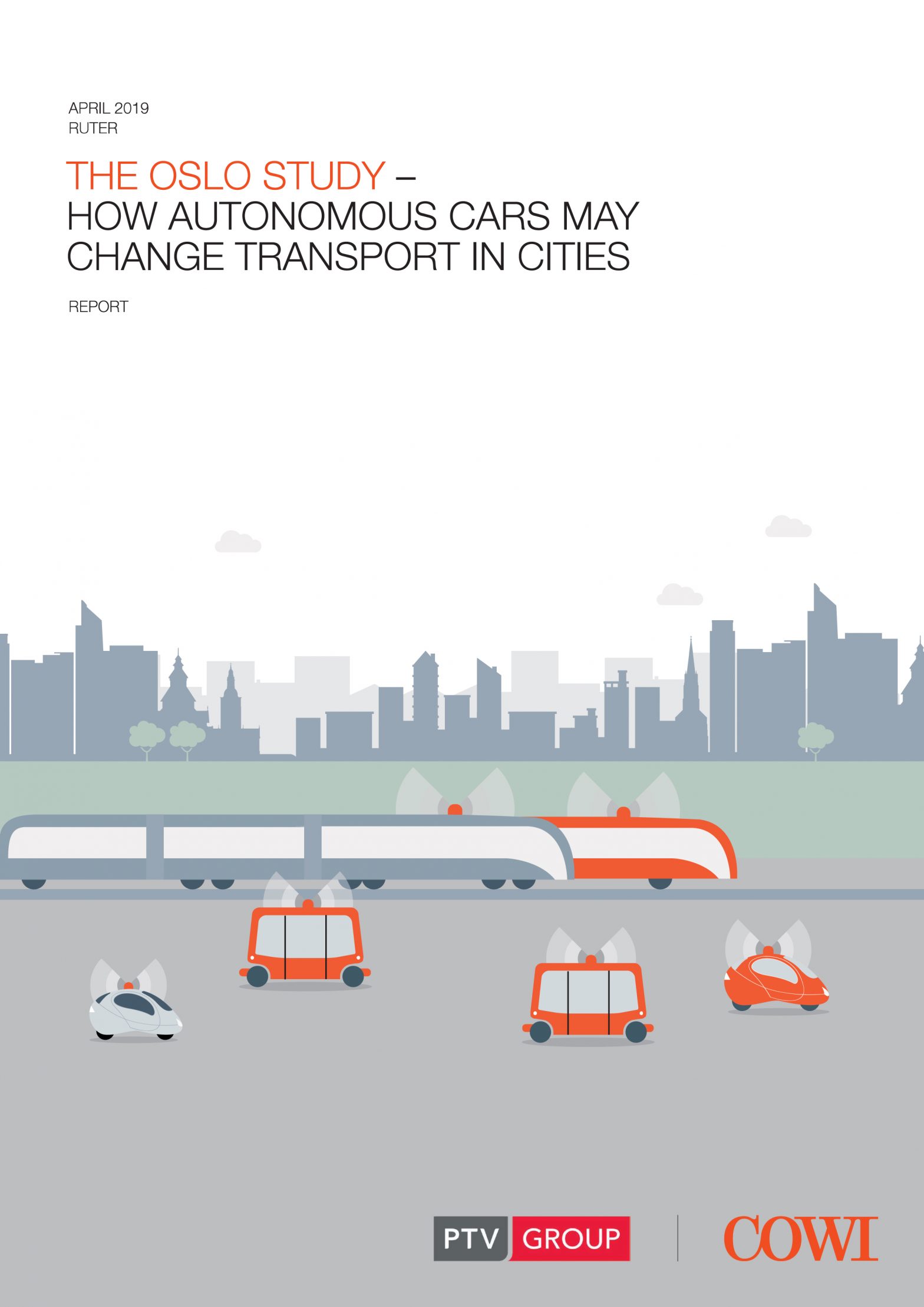
How shared mobility and vehicle electrification may change transport in cities
10 October 2019
By Arjan van Andel, Lead MaaS PTV America, and Paul Speirs, Director of Projects and MaaS, PTV Group
The Cities Today Institute will host its City Leadership Forum in Vancouver, BC this November. As with many other cities, Vancouver will face changes in its mobility landscape over the next few years. Transit network companies will most likely be providing a new type of service (shared mobility), that will require an evaluation by the city and TransLink about how this will impact the quality of their service, ridership, revenues and costs. With half of the cars in British Columbia set to be electric by 2030, Translink will need to find annual funding of CA$200 million (US$150 million) from other sources, as well as funds for a large share of its capital projects. Evaluating the impact of these changes is complex and involves analysis and research, that looks at the possible impacts on stakeholders.
PTV has been in the field of optimising transport and logistics for 40 years and has recently brought its software solutions very much to the fore of the shared mobility environment.
Nowhere is this better exemplified than with the recent, globally acclaimed, Oslo Study. The client, Ruter#, is the city’s public transport agency; operating street trams, buses, the metro and some sub-urban rail services. Rather than see the “disruptors” as a threat to their operations, they have embraced the concept and are seeking a greater understanding of how to incorporate shared mobility as a complementary offer to their overall public transport operations.
The Oslo Study raised three important conclusions:
- Focus on increased co-ordination between stakeholders & operators.
- Shared mobility must be a part of and complement all public transit operations.
- Data sharing must become more open and trusting between all entities involved – to support the theory of optimising the optimised.
The Oslo Study, using PTV’s MaaS Modeller, prepared a number of scenarios designed to examine extreme future worlds, both positive and negative, to help set the expectations of what can be achieved through careful planning and organisation, whilst also raising the red flags of how quickly network conditions (and customer levels of service) could deteriorate if the “disruptors” are left to freely operate without the planning of wider public transit operations.
The City of Oslo and Ruter# are already undertaking autonomous vehicle trials in the city and they will use PTV’s MaaS Modeller to deepen their research with an increased focus on measuring business models for specific services and operations, such as hub feeder services, corridor services and perhaps, targeted population services (eg paratransit, transport poor, commuters etc).
We look forward to engaging with thought leaders in Vancouver and all other innovators visiting the City Leadership Forum. Together we can provide new insights into the possible impacts of shared mobility and electrification by providing tools and expertise while using the data available to plan for the cities of the future. That future starts today.
Brought to you by:








